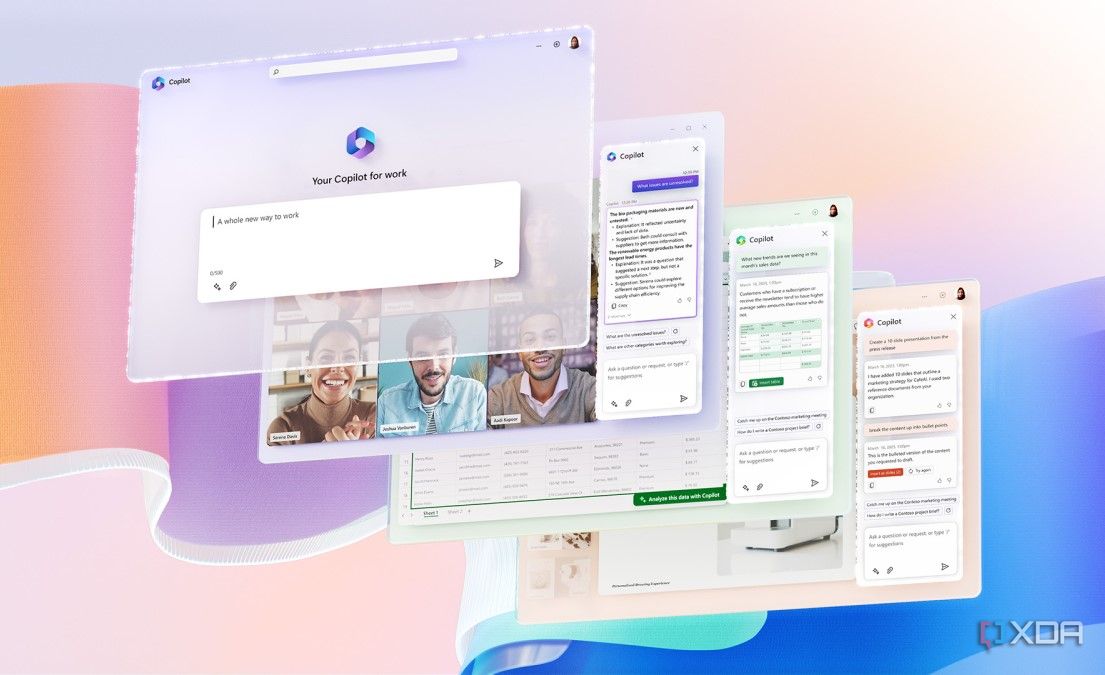Main topic: Copyright protection for works created by artificial intelligence (AI)
Key points:
1. A federal judge upheld a finding from the U.S. Copyright Office that AI-generated art is not eligible for copyright protection.
2. The ruling emphasized that human authorship is a fundamental requirement for copyright protection.
3. The judge stated that copyright law protects only works of human creation and is not designed to extend to non-human actors like AI.
Major media organizations are calling for new laws to protect their content from being used by AI tools without permission, expressing concerns over unauthorized scraping and the potential for AI to produce false or biased information.
The use of copyrighted material to train generative AI tools is leading to a clash between content creators and AI companies, with lawsuits being filed over alleged copyright infringement and violations of fair use. The outcome of these legal battles could have significant implications for innovation and society as a whole.
The US Copyright Office has initiated a public comment period to explore the intersection of AI technology and copyright laws, including issues related to copyrighted materials used to train AI models, copyright protection for AI-generated content, liability for infringement, and the impact of AI mimicking human voices or styles. Comments can be submitted until November 15.
Microsoft is unbundling its chat and video app Teams from its Office product and making it easier for competing products to work with its software in an attempt to address European Commission concerns, but rivals argue that it may not be enough to avoid a potential EU antitrust fine.
UK publishers have called on the prime minister to protect authors' intellectual property rights in relation to artificial intelligence systems, as OpenAI argues that authors suing them for using their work to train AI systems have misconceived the scope of US copyright law.
Artists Kelly McKernan, Karla Ortiz, and Sarah Andersen are suing AI tool makers in an effort to protect their copyrights and careers, alleging that their work has been used without consent to generate derivative works, which threatens artists' livelihoods; the lawsuit may set a precedent for creators' ability to stop AI developers from profiting off their work.
Microsoft will pay legal damages on behalf of customers using its artificial intelligence products if they are sued for copyright infringement for the output generated by such systems, as long as customers use the built-in "guardrails and content filters" to reduce the likelihood of generating infringing content.
Adobe has joined other companies in committing to safe AI development and has proposed a federal anti-impersonation law that would allow creators to seek damages from individuals using AI to impersonate them or their style for commercial purposes, which would make the impersonator, not the tool's vendor, the target of legal action.
Microsoft will assume responsibility for potential legal risks arising from copyright infringement claims related to the use of its AI products and will provide indemnification coverage to customers.
Microsoft is experiencing a surge in demand for its AI products in Hong Kong, where it is the leading player due to the absence of competitors OpenAI and Google. The company has witnessed a sevenfold increase in AI usage on its Azure cloud platform in the past six months and is focusing on leveraging AI to improve education, healthcare, and fintech in the city. Microsoft has also partnered with Hong Kong universities to offer AI workshops and is targeting the enterprise market with its generative AI products. Fintech companies, in particular, are utilizing Microsoft's AI technology for regulatory compliance. Despite cybersecurity concerns stemming from China, Microsoft's position in the Hong Kong market remains strong with increasing demand for its AI offerings.
Several fiction writers are suing Open AI, alleging that the company's ChatGPT chatbot is illegally utilizing their copyrighted work to generate copycat texts.
Microsoft is introducing Microsoft Copilot, an AI-powered companion that will provide assistance and improve productivity across Windows 11, Microsoft 365, Bing, and Edge, with capabilities such as natural language interactions, personalized search, and AI-powered shopping experiences. Copilot will roll out as part of the Windows 11 update on September 26 and will be available in various Microsoft products. Additionally, Microsoft is unveiling new Surface devices and announcing the general availability of Microsoft 365 Copilot and Microsoft 365 Chat for enterprise customers on November 1, 2023.
Microsoft's AI monetization opportunity is expected to show strong growth as the adoption curve for AI in the cloud is happening quicker than expected, with the potential for significant revenue from AI functionality like Microsoft CoPilot, according to Wedbush analyst Dan Ives.
Microsoft's recent updates focused on AI-driven features like Copilot and Bing Chat, but while these advancements are impressive, concerns over privacy outweigh the benefits.
Big tech firms, including Google and Microsoft, are engaged in a competition to acquire content and data for training AI models, according to Microsoft CEO Satya Nadella, who testified in an antitrust trial against Google and highlighted the race for content among tech firms. Microsoft has committed to assuming copyright liability for users of its AI-powered Copilot, addressing concerns about the use of copyrighted materials in training AI models.
Companies utilizing generative AI technologies are taking different approaches when it comes to addressing the intellectual property risks associated with copyright infringement, with some vendors pledging to protect customers from legal fees and damages, while others shield themselves and leave customers responsible for potential liabilities. The terms of service agreements vary among vendors, and although some are committing to defending customers against copyright lawsuits, others limit their liability or provide indemnity only under certain conditions.
